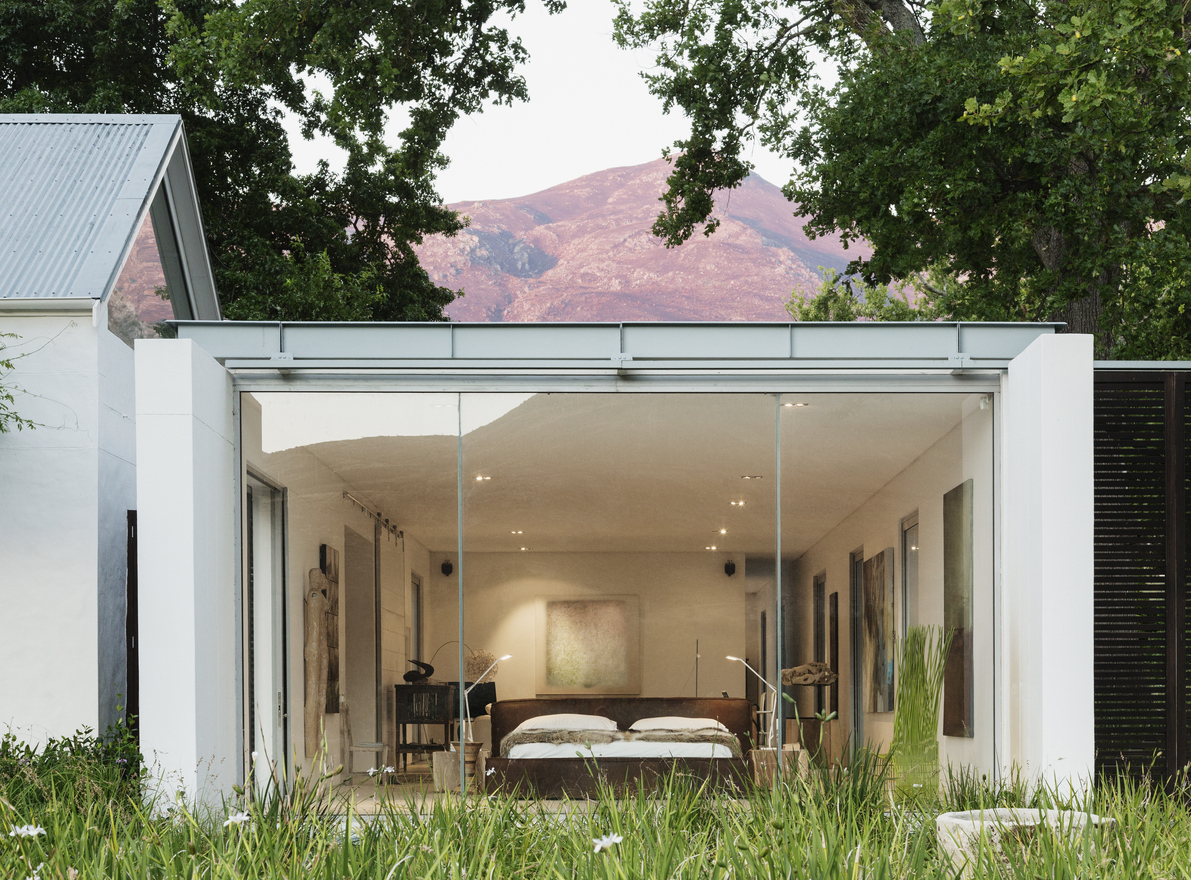Does a Conservatory Add Value to Your Home?
A conservatory is a sought-after addition to many UK homes, providing a blend of natural light, additional living space, and an increased connection to outdoor spaces. But does it genuinely add value to your property? While a well-designed conservatory can enhance appeal and functionality, several factors influence its impact on your home’s market value. Here’s a closer look at what you need to know if you’re considering a conservatory for your property.
How Much Value Can a Conservatory Add?
The potential increase in property value from a conservatory largely depends on factors like quality, size, and the overall condition of the home. On average, a well-designed conservatory can add around 5% to 10% to a property’s value, making it an appealing investment in high-demand areas.
However, to ensure a return on investment, it’s important to design a conservatory that complements the property’s architecture, suits the neighbourhood’s preferences, and maximizes usable space.
Factors Affecting a Conservatory’s Impact on Value
1. Location and Market Demand
- Properties in areas with higher demand for additional space, especially in urban areas like London, often see a more substantial value increase with a conservatory. Buyers in these markets frequently look for functional additions like conservatories to gain more indoor space without sacrificing garden area.
2. Conservatory Type and Design
- Not all conservatories add the same value. Factors like style, materials, and design play a significant role. For example, modern conservatories with excellent thermal insulation and bi-fold doors that connect seamlessly to the garden are more attractive to buyers than outdated models. Some popular styles include:
- Edwardian Conservatories: Known for their simplicity and clean lines, they provide maximum space with a classic aesthetic.
- Victorian Conservatories: Recognized by their bay windows and ornate design, they work well with period properties.
- Lean-To Conservatories: This option suits smaller properties and is often less expensive, making it popular for lower budgets.
- Orangeries: Offering a more substantial structure and high-end appeal, orangeries are increasingly in demand among buyers.
3. Construction Quality and Insulation
- Quality materials and energy-efficient glazing can significantly impact the conservatory’s appeal. Proper insulation ensures it’s comfortable year-round, making it more attractive to buyers. Low-quality or poorly insulated conservatories may have the opposite effect, detracting from the property’s value.
4. Planning Permission and Building Regulations
- Many conservatories don’t require planning permission, but checking local guidelines is essential. Meeting building regulations for thermal performance and safety is crucial, as non-compliant structures may reduce buyer interest and require costly modifications.
5. Usable Space and Purpose
- Multi-functional conservatories that can be used as dining rooms, home offices, or lounges tend to increase value more. If potential buyers see it as a space that enhances daily living, it becomes a significant selling point.
Pros and Cons of Adding a Conservatory
Pros
- Increased Living Space: Adds valuable square footage, making properties more attractive, especially for growing families.
- Enhanced Natural Light: Creates a bright, welcoming space that many buyers appreciate.
- Garden Connectivity: Provides a seamless transition between indoor and outdoor spaces.
- Versatile Usage: Can be tailored to different uses, from relaxation areas to functional workspaces.
Cons
- Initial Cost: A high-quality conservatory is a significant investment. Average costs range from £10,000 to £30,000, depending on materials and design.
- Maintenance: Conservatories require regular cleaning and maintenance to prevent issues like leaks and condensation.
- Seasonal Use: Without proper insulation, conservatories may be uncomfortable during extreme weather, limiting year-round use.
Tips for Maximizing the Value of a Conservatory
- Choose Energy-Efficient Glazing: Opt for double or triple glazing with energy-saving coatings to enhance comfort and reduce energy costs.
- Ensure Quality Materials and Workmanship: High-quality materials and expert construction improve longevity and attractiveness to buyers.
- Blend Design with Existing Architecture: A conservatory that feels like a natural extension of the home rather than an add-on tends to add more value.
- Add Heating or Cooling: Consider underfloor heating or a standalone HVAC system to make it comfortable and usable year-round.
- Consult Local Property Experts: Property experts, like Fraser Bond, can provide insights into which conservatory styles and sizes may add the most value based on local market demands.
How Fraser Bond Can Assist
At Fraser Bond, we understand the nuances of property investment and can advise on whether a conservatory aligns with your long-term property goals. Our local market expertise allows us to provide tailored recommendations on home improvements that enhance both lifestyle and value. If you’re looking to add a conservatory or explore other property upgrades, our team can guide you through the best options to maximize your home’s appeal and market value.
For personalised advice on property value and home improvements, contact Fraser Bond today and learn how our expert team can help you make the most of your property investments.



